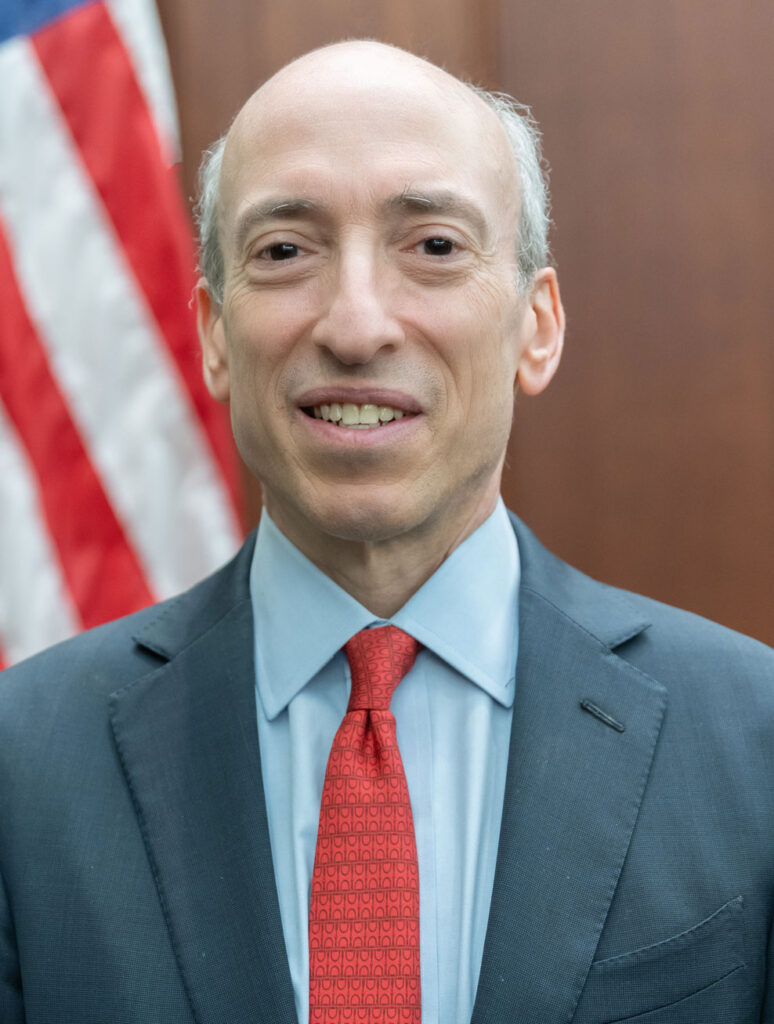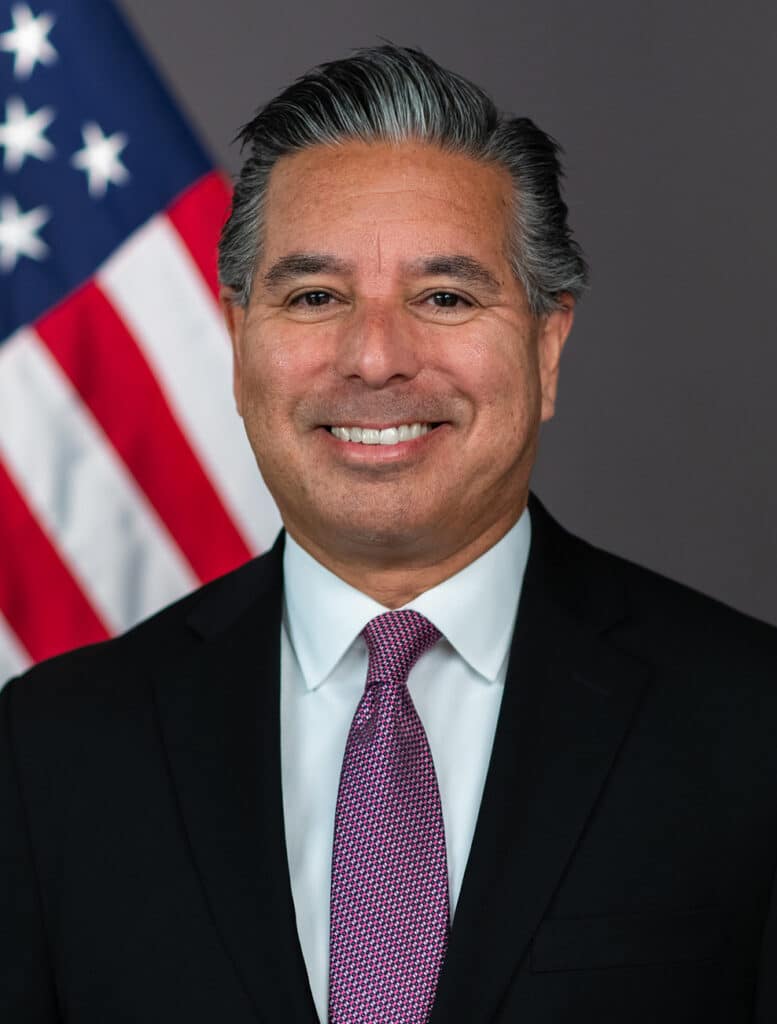The Securities and Exchange Commission (SEC) has adopted amendments to Form PF, the confidential reporting form for certain SEC-registered investment advisers to private funds.
The amendments are designed to enhance the ability of the Financial Stability Oversight Council (FSOC) to assess systemic risk and to bolster the Commission’s oversight of private fund advisers and its investor protection efforts.

“In the 12 years since the Commission first adopted Form PF, private funds have evolved significantly in their business practices, complexity, and investment strategies,” said SEC Chair Gary Gensler.
Private funds nearly have tripled in size in the last decade, according to Chair Gensler.
Today, private funds managed by registered investment advisers hold approximately $21 trillion of gross assets, including $20 trillion reported on Form PF—nearly the size of the $23 trillion U.S. commercial banking sector, Gensler said.
Including exempt reporting advisers, the entire private fund space is as large as $25 trillion.
“Private funds today are ever more interconnected with our broader capital markets. They also nearly have tripled in size in the last decade. This makes visibility into these funds ever more important. Today’s amendments to Form PF will enhance visibility into private funds and help protect investors and promote financial stability,” he said.
Since first adopting a rule in 2011 to implement that framework, the Commission and the interagency Financial Stability Oversight Council have gained “a better view into the size, strategies, and positions” of the private fund industry, added SEC Commissioner Jaime Lizárraga.
“With the benefit of more than a decade’s worth of data, the Commission is taking appropriate action to update the reporting framework so as to meet the needs of current market realities,” he said.
The amendments will require large hedge fund advisers and all private equity fund advisers to file current reports upon the occurrence of certain reporting events that could indicate significant stress at a fund or investor harm.
Reporting events for large hedge fund advisers include certain extraordinary investment losses, significant margin and default events, terminations or material restrictions of prime broker relationships, operations events, and events associated with withdrawals and redemptions.
Large hedge fund advisers must file these reports as soon as practicable, but not later than 72 hours from the occurrence of the relevant event. Reporting events for private equity fund advisers include the removal of a general partner, certain fund termination events, and the occurrence of an adviser-led secondary transaction. Private equity fund advisers must file these reports on a quarterly basis within 60 days of the fiscal quarter end.
The amendments will also require large private equity fund advisers to report information on general partner and limited partner clawbacks on an annual basis as well as additional information on their strategies and borrowings as a part of their annual filing.

The amendments for current reporting will become effective six months after publication of the adopting release in the Federal Register, and the remaining amendments will become effective one year after publication in the Federal Register.
Commissioner Lizárraga further noted that investors in private funds are not only well-resourced sophisticated investors, but also pension funds and non-profits.
Behind those institutional investors are millions of families and retirement funds who deserve the protections of an updated and improved rule that is more effective for assessing potential risks to financial stability, he said.
The amendments will enhance the Commission’s and the FSOC’s ability to assess these potential risks, Lizárraga stressed.
“Form PF will now require more timely reporting of events that could be harmful to investors or to the financial system. This is precisely the type of update that best serves the public interest,” he said.




